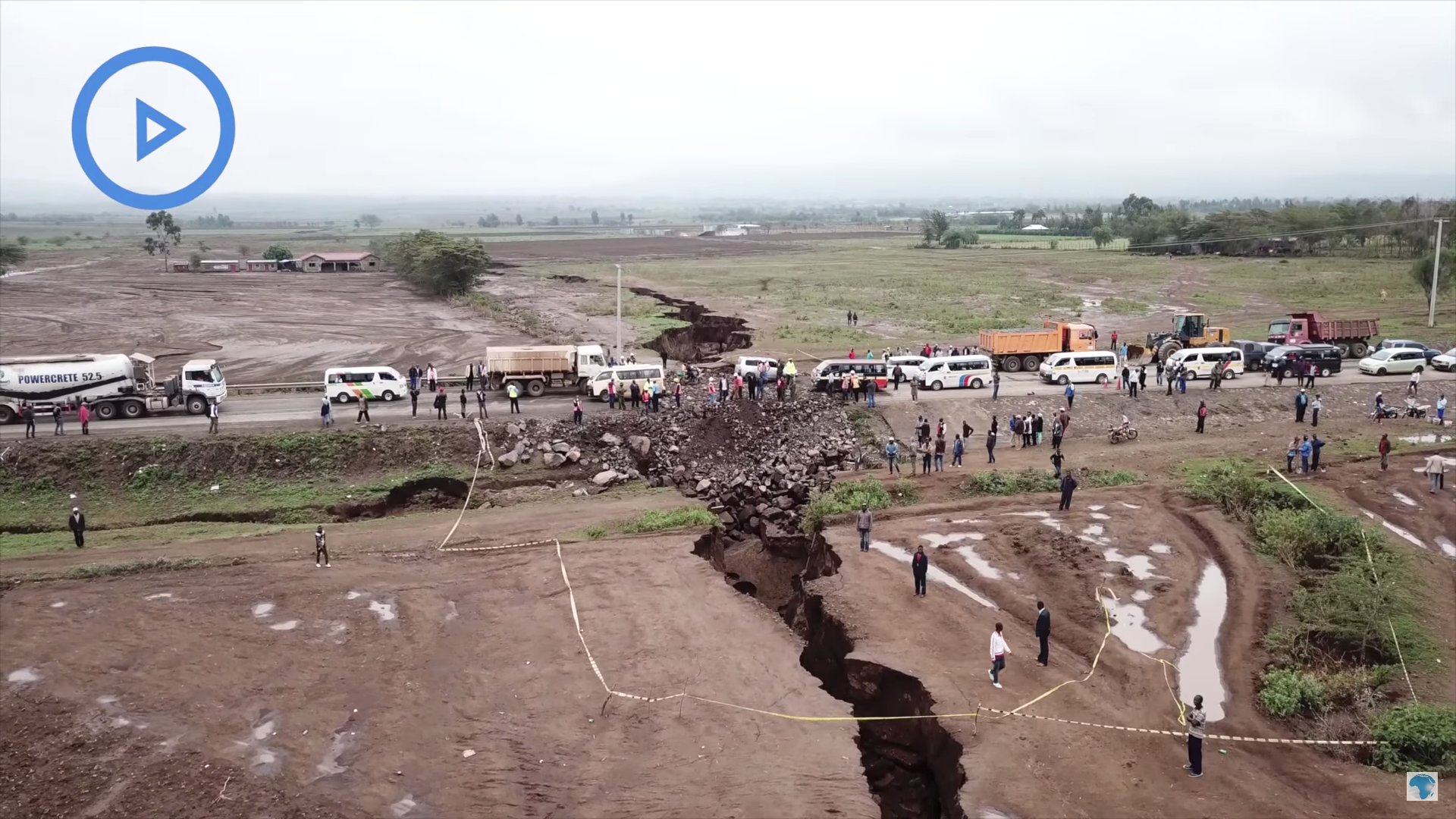This massive crack in Kenya could literally split Africa in two


A free daily email with the biggest news stories of the day – and the best features from TheWeek.com
You are now subscribed
Your newsletter sign-up was successful
Two sides of Africa are currently going through a breakup.
The earth recently split open in Kenya, creating a miles-long crack that measured more than 50 feet deep and 65 feet across. The event, prompted by heavy rains and seismic activity in the area, provided evidence that Africa could one day split into two continents, National Geographic reports.
The crack appeared suddenly, but the eventual split wouldn't be complete for several millions of years, geologists predict. The tear formed along the East African Rift, a 3,700-mile stretch where two tectonic plates are moving away from each other. In 50 million years or so, this rift could mean that Somalia, Kenya, Ethiopia, and Tanzania could eventually split off from the rest of the continent.
The Week
Escape your echo chamber. Get the facts behind the news, plus analysis from multiple perspectives.

Sign up for The Week's Free Newsletters
From our morning news briefing to a weekly Good News Newsletter, get the best of The Week delivered directly to your inbox.
From our morning news briefing to a weekly Good News Newsletter, get the best of The Week delivered directly to your inbox.
Scientists have known about this possibility for years, but the crack still came as a surprise to Kenyans when it appeared in late March. Part of the Nairobi-Narok highway collapsed, and one witness told Reuters that the earth cracked so quickly that he scarcely escaped his house before it collapsed. One house split in two, Face2Face Africa reports — much to the surprise of the family who was inside eating dinner when it happened.
Watch drone footage of the split below, via DailyNation. Summer Meza

A free daily email with the biggest news stories of the day – and the best features from TheWeek.com
Summer Meza has worked at The Week since 2018, serving as a staff writer, a news writer and currently the deputy editor. As a proud news generalist, she edits everything from political punditry and science news to personal finance advice and film reviews. Summer has previously written for Newsweek and the Seattle Post-Intelligencer, covering national politics, transportation and the cannabis industry.
